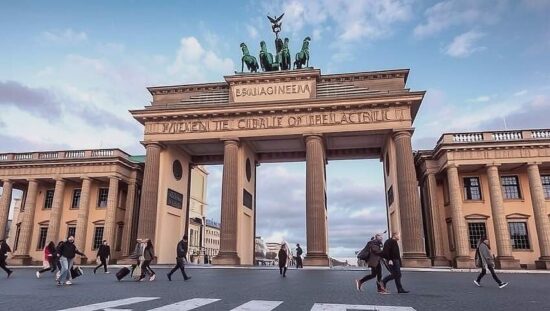As the United Nations Climate Conference in Bonn approaches, a prominent German politician has called for the federal government to reaffirm its commitment to the Paris Climate Agreement’s goals. Andreas Jung, the CDU’s parliamentary and party vice, emphasized the importance of climate protection in an interview with the Rheinische Post.
Jung emphasized that the world is currently preoccupied with wars and conflicts and that economic concerns are also growing. However, he stressed that the threat of climate change has not diminished, but rather intensified. He urged the international community to work together to address the crisis, citing the need for a clear message: “Berlin stands by Paris – the federal government is committed to the Paris Agreement.”
Jung also emphasized the need for the European Union to continue playing a leading role in global climate protection and for Germany to support Brazil, the host of the upcoming climate conference, in its efforts. He added that the process of addressing climate change must be closely linked to economic development, highlighting the importance of cooperation in the fields of future technologies, energy cooperation and global partnerships for rainforest protection and climate adaptation.
Meanwhile, Katharina Dröge, the leader of the German Green Party, has called on the federal government to take a strong stance in support of an ambitious European climate goal and to provide reliable financial commitments. Dröge emphasized that climate protection is under pressure internationally and that the German government must use the upcoming climate conference in Bonn to push for significant progress in climate protection.
Dröge urged the government to clearly commit to a strong European climate goal, citing a scientifically-based minimum target of a 90% reduction in CO2 emissions by 2040. She also warned against watering down this goal through “greenwashing” and the use of cheap foreign carbon credits. Furthermore, Dröge called for reliability in international climate financing, stressing that the government must reaffirm its commitment to providing at least six billion euros annually for international climate financing.
The politician also criticized the government’s plans to weaken the climate protection provisions in the building energy act, stating that this would mean that more fossil gas could be consumed in the long run. Dröge described this as the wrong approach at the wrong time, emphasizing the need for a reliable roadmap for the exit from all fossil energies that is both planable for the economy and socially balanced for the people.





